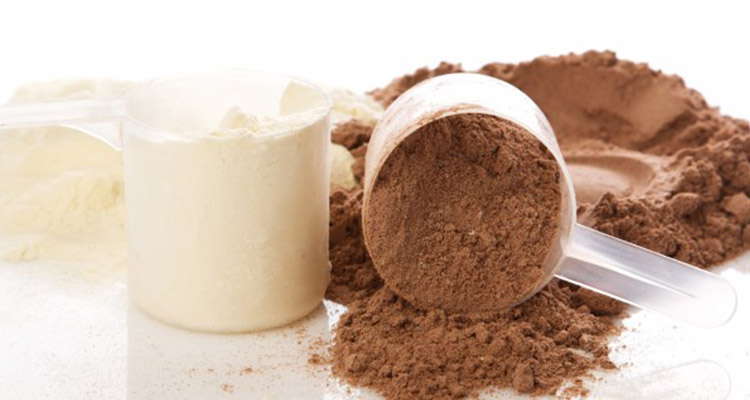You might have heard the term ‘body composition’ thrown around, but do you know what it means, or why it’s important?
If you’re into fitness and exercise, you’ve probably heard or read about the concept of body composition. Put simply, it refers to the percentage of fat and non-fat mass in your body.
But why is it helpful to know your body composition? And how can it help you progress in your fitness journey? Let’s dive in.
What is body composition?
Your body composition breaks down your weight into a number of different components, including fat, muscle, and water – and the reason why it is such a useful concept is because, unlike other metrics, like your BMI or the number on your scale, it actually assesses the quality of your weight.
“Despite the fact that many people are familiar with measurements like the Body Mass Index (BMI), it’s important to realise that the BMI only gives a snapshot of weight in relation to height. It makes no distinction between the contents of bone, water, muscle, or fat. This is where the significance of body composition comes into play,” Dr Darran Foo, a GP at Juniper, explains.

Like what you see? Sign up to our bodyandsoul.com.au newsletter for more stories like this.
“Body composition can reveal information about bone density, muscle mass, and fat mass, as well as additional useful fitness-related data. Understanding body composition can be a game changer for those looking to improve their fitness. It enables more focused interventions, like concentrating on muscle growth or fat loss according to individual needs.
“You may have also heard the term ‘skinny fat,’ which emphasises the limitations of using weight or BMI as sole health or fitness indicators. Individuals may appear slim, but they may have a high percentage of body fat, particularly visceral fat, which is linked to a variety of health risks. This emphasises the significance of assessing body composition in order to obtain a complete picture of one’s health.”
There are several methods used by health professionals to assess body composition, including the use of skin callipers to measure skinfold thickness in areas where fat usually accumulates, and underwater weighing, which is one of the most accurate methods, though not readily available for most people.
There’s also bioelectrical impedance (BIA), a quick and easy tool that measures how quickly an electrical current travels through your body. Although BIA isn’t the most accurate method for everyone, you can find it in many smart scales, which makes it one of the most easily accessible solutions.
What is body recomposition?
If you’ve heard about body composition, chances are that you’ve come across the concept of body recomposition as well, as the two are closely related.
“Understanding body composition can help those embarking on weight loss journeys. For example, the goal could shift from simply losing weight to improving body composition by losing fat and increasing muscle mass. This method, known as ‘body recomp,’ can result in more long-term and health-focused results,” says Dr Foo.
So, the goal isn’t really to drop kilos – in fact, it’s not uncommon for your weight not to budge when you’re going through a recomp period. It may even go up, which is nothing to worry about. Remember, you’re building muscle, and muscle is denser than fat.
You may also notice your body getting more toned, your clothes fitting better and your strength increasing. Congratulations, you’re doing body recomp right!
3 tips for body recomposition
If body recomposition is the next step in your fitness journey, these are some tips and habits that will help you reduce body fat and build muscle:
Start weight training
Cardio is great for your health for many reasons. It boosts your mood, reduces your risk of heart disease, helps manage diabetes, and the list goes on. However, cardio is not the best training style for growing your muscles – weight training is. We recommend incorporating two strength training sessions a week, whether it is by lifting weights or doing the right bodyweight exercises.
Eat well (with a focus on protein!)
A healthy, balanced diet is important no matter where in your fitness journey you are (or even if you aren’t in one). For body recomposition, you want to make sure you’re eating enough protein, as this essential nutrient is key to preserving lean body mass.
More Coverage
Be patient
Body recomp takes time, and there’s no way around that. Although you don’t get that instant gratification, losing fat slowly is actually a good thing, simply because it is sustainable and, unlike fad diets or quick fixes, it doesn’t harm your body in any way.
“Body composition analysis provides a more nuanced understanding, allowing for more personalised fitness strategies and interventions. It is critical for healthcare professionals to educate patients about the importance of body composition and guide them through their fitness journeys with evidence-based strategies,” Dr Foo concludes.
Read related topics:Exercise






Leave a Reply
You must be logged in to post a comment.